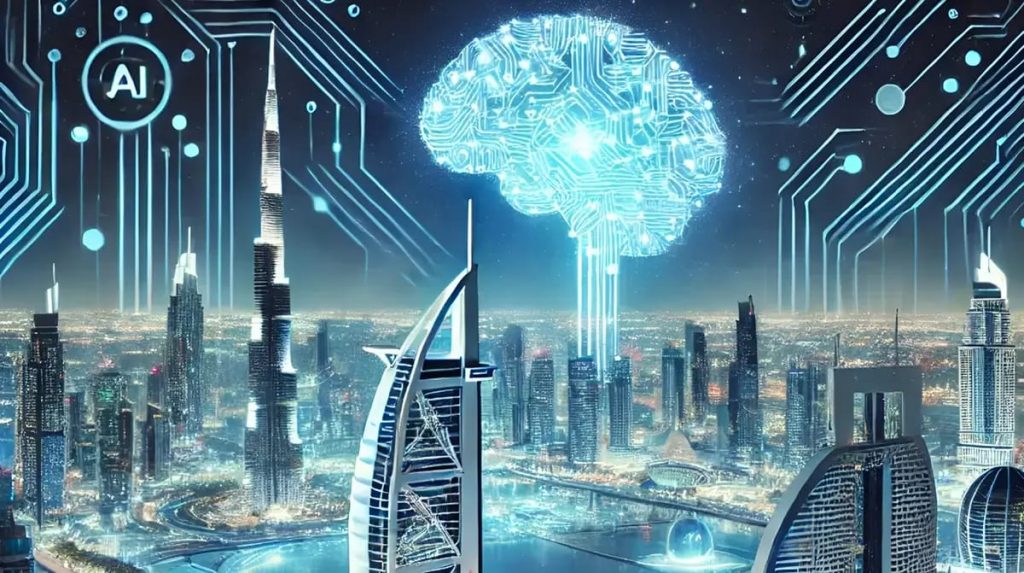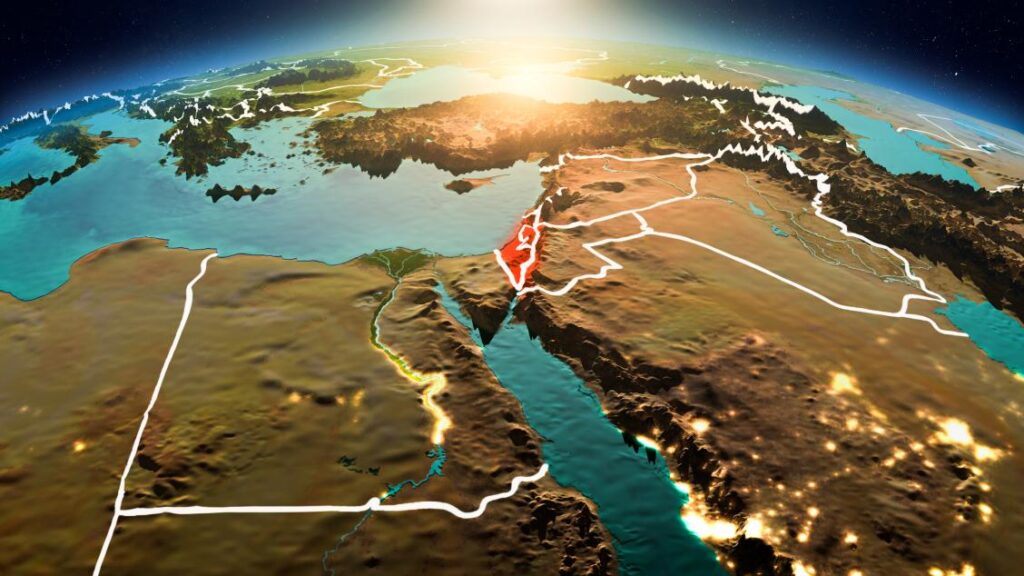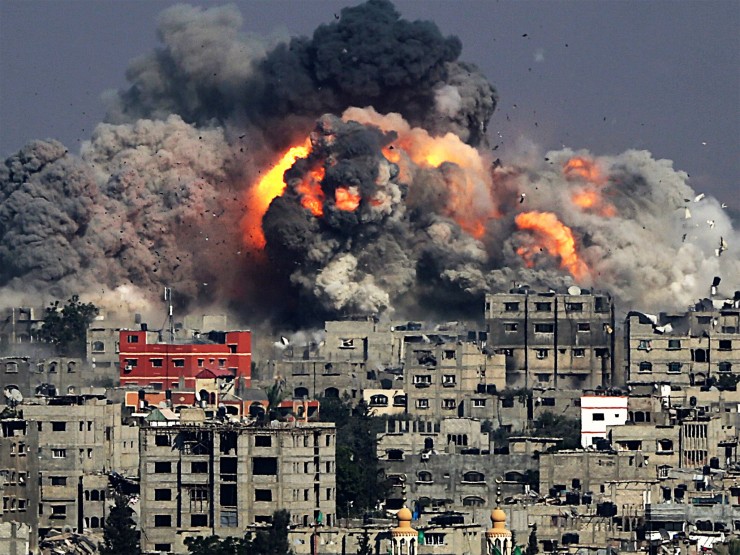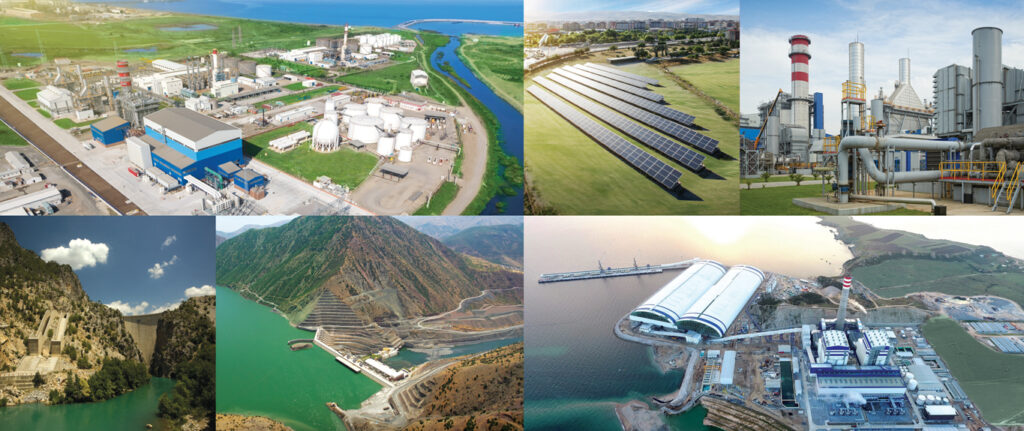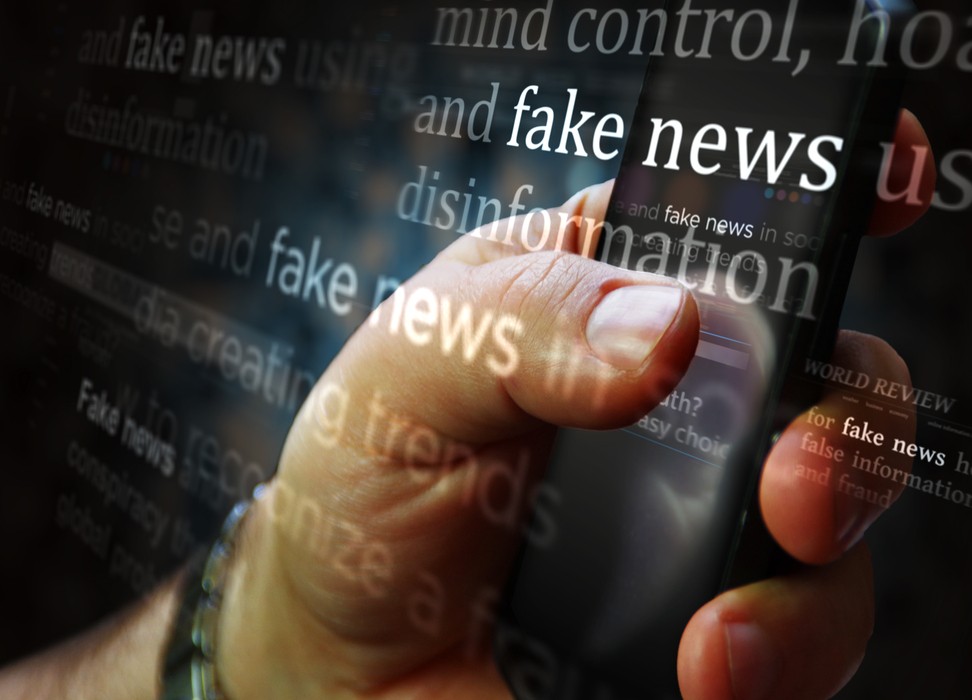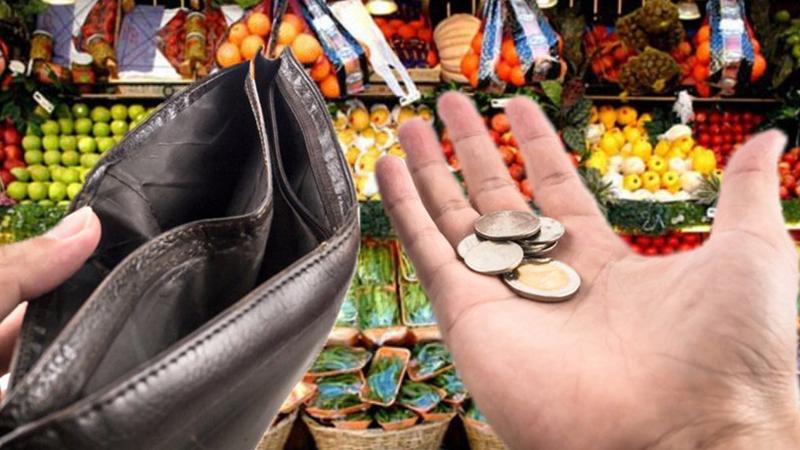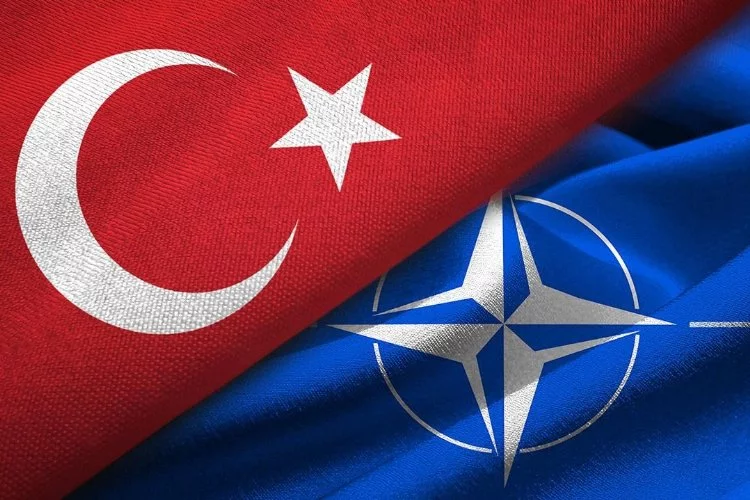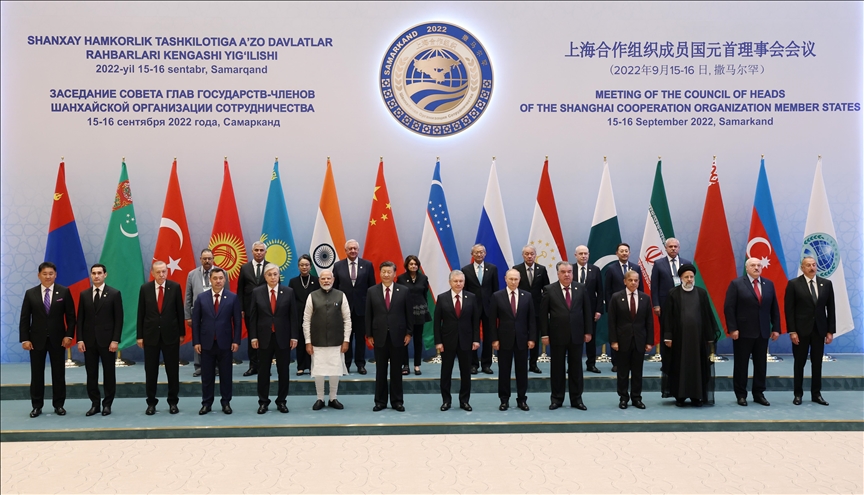Presidential Elections in Turkiye: A Difficult Dilemma for the New Century by N.Selin SENOCAK
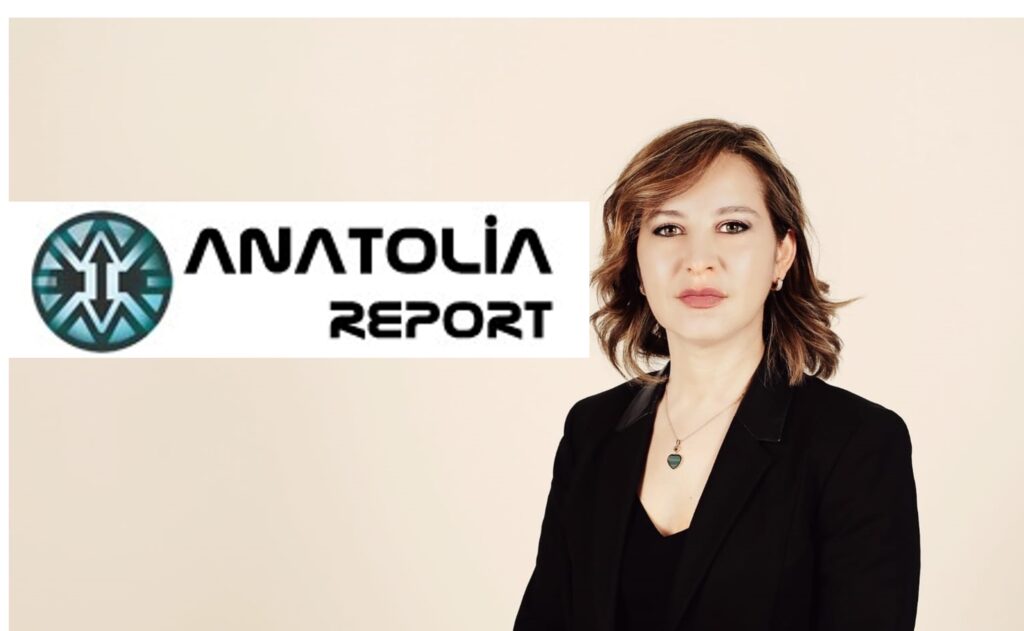
Editor’s Note
By N.Selin SENOCAK
ANATOLIA REPORT
May 2023
This spring will be one of the more dynamic seasons that Turkiye has experienced in recent years, with the presidential elections of May 14, 2023 representing a decisive date in the nation’s history. It will not only mark the centenary of the Republic of Turkiye but also usher the country into a new political era. As the Republic of Turkiye turns 100 years old, the countdown to the historic election has begun. Whatever the outcome, it will be a source of internal conflict in both opposing camps. Unfortunately, many experts believe that the Turkish people face a choice between the bad and the worse. Such is the great dilemma of this election.
Erdoğan in the Intoxication of Power
After 20 years of Recep Tayyip Erdoğan’s rule, the Turkish people want a major change for the country’s second century. The intoxication of power has distanced President Erdoğan from the reality of the country, which is suffering from a deep economic and social crisis.
An analysis of the past 20 years of Erdoğan’s reign reveals that, instead of creating jobs, enhancing productivity and promoting agricultural and industrial production, the Erdoğan government has preferred to reduce them by privatising all public companies. Turkiye, once a self-sufficient country in agriculture, has become dependent on imports. Public education has been neglected in favour of private education, with private colleges and universities springing up like mushrooms and parents being obligated to enrol their children in such schools at exorbitant prices to gain access to better education. The majority of newborns in Turkiye are born into future debt. The inflation rate exceeds 80%, retirees live in precarious conditions and civil servants are forced to find second jobs to live decently.
In his 20 years of rule, Erdoğan has been linked to the radical Islamist terrorist group of Fethullah Gulen (FETÖ), which has created a parallel state to seize power, destroy the very foundation of the Turkish republic and spread political Islam in the country. They imprisoned patriots, intellectual Kemalists, soldiers and bureaucrats in the Ergenekon operation of 2008, which constitutes a black page and a deep wound in the history of the republic. Erdoğan partially distanced himself from FETÖ after the 2016 coup attempt, but, contradictorily he appointed in the current government several ministers, diplomats and senior officials who are committed disciples of Gulen, creating suspicion in the minds of the people.
Instead of following the main doctrine of the founder of Turkiye, Mustafa Kemal Ataturk—”Peace in the country, peace in the world’—Erdoğan made the fateful error of adopting as Turkish foreign policy the ‘zero problems’ approach of Ahmet Davutoğlu, which created unprecedented tension with the country’s neighbours and isolated Turkiye in the region. Turkiye’s involvement in the war in Syria has been very costly for the country, with the border destabilised by terrorist groups and the 5 million Syrian refugees a source of internal and security conflicts. The Turkish people no longer welcome Syrians, perceiving a risk that they will dangerously transform the nation’s demographics.
A parallel state is already installed in the country that does not allow a future to young people from patriotic, Kemalist and secular circles. Nepotism and corruption are the great vices of this government, and Turkish brains prefer to migrate to other countries to seek a job and a future abroad. President Erdoğan’s entourage, family and friends are in positions of power and all calls for tenders for large infrastructure and construction projects result in awards to only five companies—termed ‘the five bandits’ by the opposition—with close ties to the president.
The tragedy of the earthquake and the government’s mismanagement of the crisis fomented rage in public opinion, however, which has shown the limits of the AKP government. In a striking development, the Turkish people preferred to give relief donations to the Ahbap Association (led by a famous Turkish rock singer) rather than to the Red Crescent (Kızılay), the traditional recipient of donations during humanitarian tragedies. The people had lost confidence in the government and believed that the Red Crescent (the largest state charity institution) was corrupt, as it is led by the family of Binali Yıldırım, the former prime minister and an Erdoğan confidante.
Another major error of Erdoğan was the inclusion in his coalition of HÜDA PAR an anti-Turkish, Kurdish Islamist political party that is close to Hezbollah. This was the straw that broke the camel’s back.
Until Erdoğan ends this nepotistic system and government corruption, he will not be able to convince new voters, and he even risks losing his own.
“We must give Caesar what belongs to him”
Nevertheless, it is important to concede that Erdoğan has transformed and modernised the country through colossal (albeit costly) infrastructure projects. He has built roads, bridges, tunnels and airports, not to mention public hospitals worthy of five-star hotels. He embarked on large-scale energy and defence projects with the ‘grain deal’, was able to position the country as a diplomatic mediator in the war in Ukraine. He has created new partnerships with African and Central Asian countries while maintaining a policy of balance between the United States and Russia. He is a political beast who has adapted himself to the international situation.
Kemal Kılıçdaroğlu: The Weak Link of the Opposition
A majority of the Turkish population wants radical change so desperately that they say they are ready to vote for ‘a trash can’ to dethrone Erdoğan.
The generation of seniors aged 60 and over considers this election a war of independence in regard to Erdoğan and view his potential defeat as their legacy to the new generation. They are much more committed than the younger voters.
For the first time in the country’s history, the major political parties—including the antipodes of liberals, democrats, republicans, Islamists, nationalists and separatists—have united in a coalition to dethrone Erdoğan. Six opposition parties have combined forces for the presidential and parliamentary elections on 14 May, picking opposition leader Kemal Kılıçdaroğlu as their unity candidate.
Kılıçdaroğlu was the least popular potential candidate, therefore, was not chosen unanimously. In the past 15 years, he has had no success against Erdoğan. That is why in March, before the announcement of the opposition candidate, the leader of İYİ Parti, Meral Akşener, withdrew from the table of six, as she preferred two popular personalities favoured by public opinion to defeat Erdoğan (the mayor of Ankara Mansur Yavaş and the mayor of Istanbul Ekrem Imamoglul). Nevertheless, after a deep crisis in the opposition, Kılıçdaroğlu was nominated candidate for the presidency, with the two mayors as the potential future vice-presidents of Turkiye.
The HDP – People’s Democratic Party which is pro-Kurdish, close to the PKK and represents 8% of the electorate—has also agreed to support Kılıçdaroğlu. This has created a deep malaise within the opposition, and several patriotic deputies and Kemalists have resigned to join other parties, such as the Memleket Party of Muharrem İnce and the patriotic coalition (the Ata Alliance) led by Sinan Oğan. İnce is the preferred candidate of young generation (18-34 years old), while Oğan is favoured by patriotic and Kemalist voters who do not wish to vote for Kılıçdaroğlu, mainly educated voters aged 35–55 years. This is problematic for the opposition, which is divided.
Kılıçdaroğlu’s opposition finds itself with nine leaders, a president and eight vice-presidents. A Kılıçdaroğlu victory would result in conflict and chaos in filling ministerial positions and distributing power, but this improbable coalition was seen as only way to dethrone Erdoğan.
Kemal Kılıçdaroğlu is creating real unease in public opinion within the opposition. This is not because of his cultural origins, as Turkiye has had several presidents of Kurdish origin, including Inönü and Özal, but because he lacks vision in internal and external policies. He does not have the stature of a leader and has not a strong political culture.
Kılıçdaroğlu is so lacking in understanding that, in a live video broadcast to talk about poverty in Turkiye, he spoke in a presidential suite overlooking the Bosporus in a luxury Istanbul’s hotel. His electoral promises are far from reflecting the real needs of the country at the dawn of a new century.
Erdoğan’s success began with his governance as mayor of Istanbul. He built roads, created metro lines and tramways, developed maritime transport and transformed Istanbul into a modern European city while establishing social service assistance for disadvantaged people. It was thanks to the success of his projects and services that he was elected Prime Minister in 2003. Alas, he has also transformed the city into a mass of concrete over the years.
In a world in which we debate the creation of a New World Order, in which the great powers come together under various blocs, such as BRICS, the promise of the Kılıçdaroğlu opposition is to rejoin the Eurovision song competition (as recently promised by Ali Babacan leader of Deva Party). This is a genuinely pathetic ambition for a country of major strategic importance.
A Political Upheaval
The results of the latest poll by Turkiye Raporu indicate that the presidential election will go to a second round. When those who state that they will not vote are excluded, Kılıçdaroğlu gets 44% of the votes in the first round, Erdoğan 42%, İnce 11% and Oğan 3%. With non-voters excluded in the second round, Nation Alliance leader Kılıçdaroğlu enjoys a 53% to 47% advantage over Erdoğan.
We must practice caution in regard to the polls. They do not necessarily reflect the reality on the ground, as they do not take into consideration the opinions of voters in deep Anatolia, who are mainly pro-Erdoğan, or those of Turks abroad, who number nearly 4 million (or 5% of the electorate) and are mostly pro-Erdoğan as we experienced in the 2018 elections.
The opposition has already begun to celebrate its coming victory, but they forget that Erdoğan will not easily relinquish power. The results will be very tight, with a great possibility that Erdoğan will win re-election while the AKP loses control of parliament. With strong parliamentary opposition, Erdoğan will be forced to submit to the new situation and adapt his policies accordingly. If he wins, there is the risk that he will take radical steps, and his health remains a viable concern. In the case that Kılıçdaroğlu is elected, the challenge will be the division of power with his allies, as the war of personal interest will create a chaotic situation. Whatever the outcome of this election, it will create a political upheaval in Turkiye that will alter the country’s history forever.

